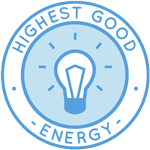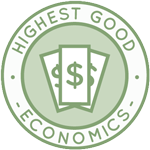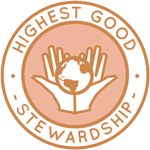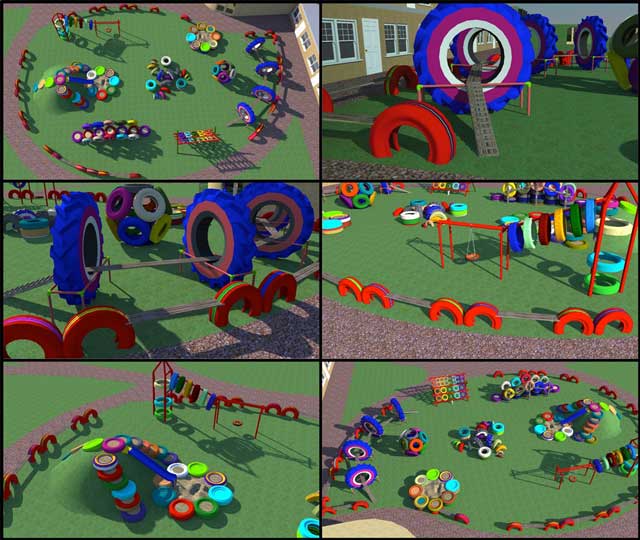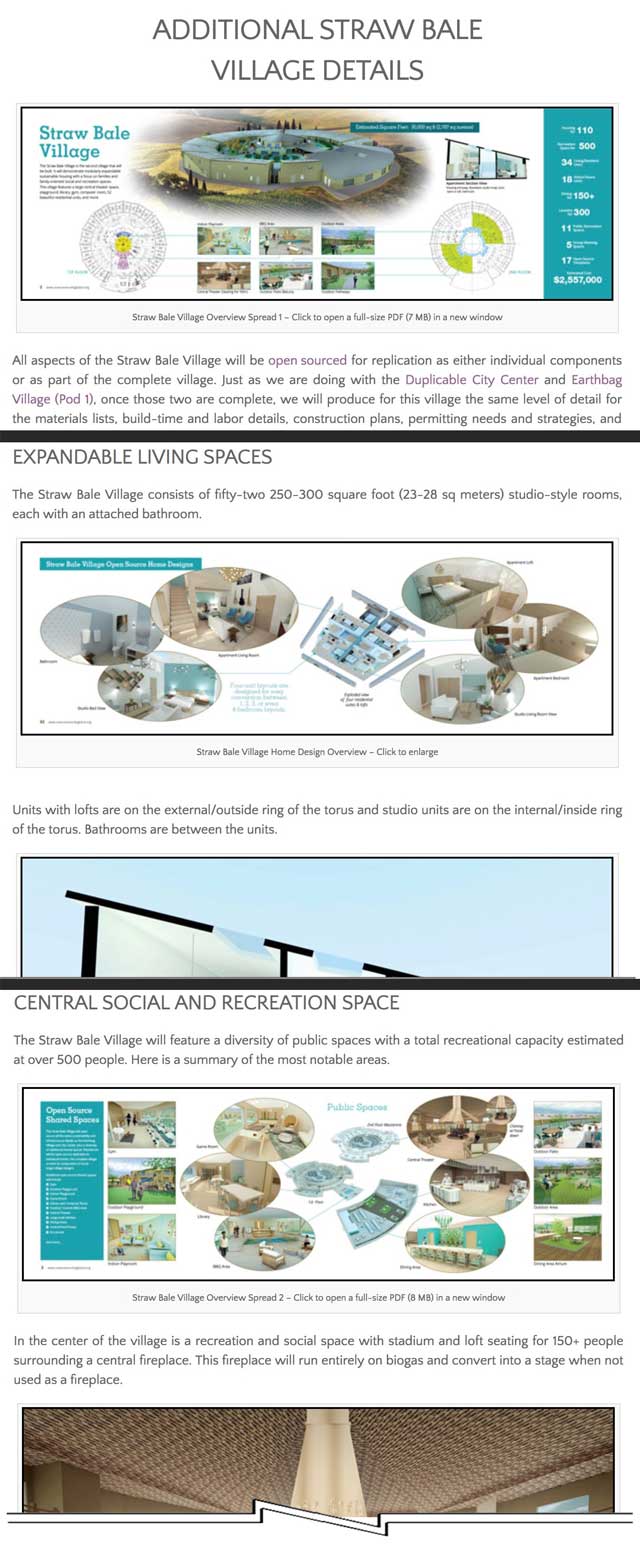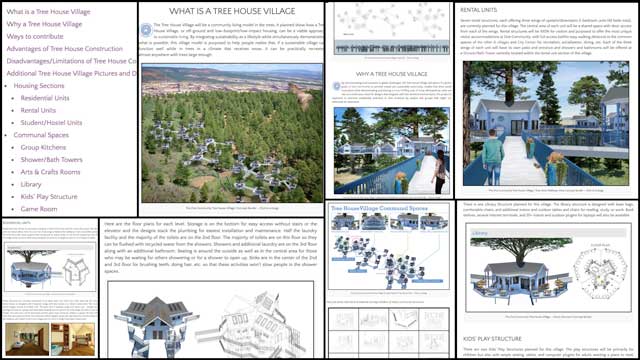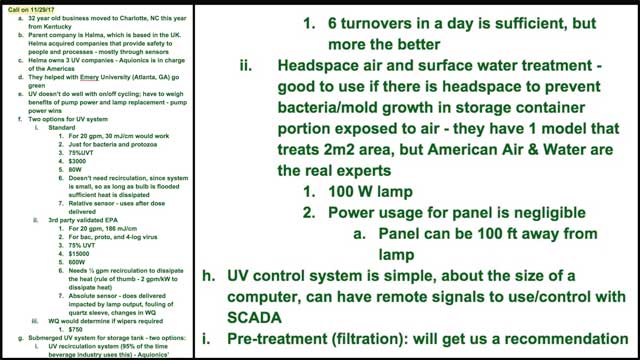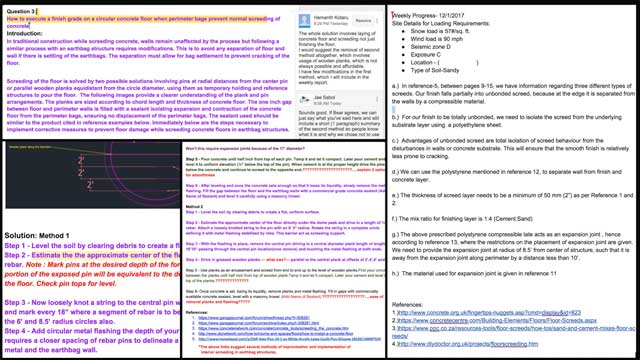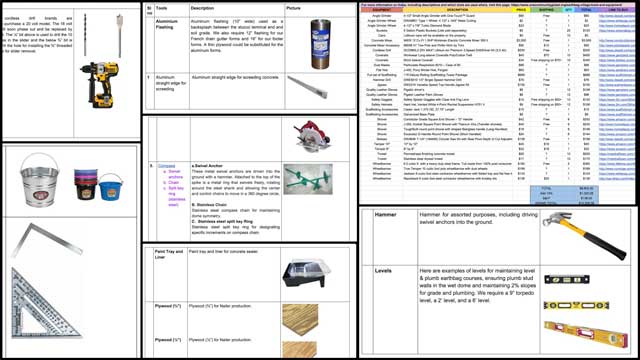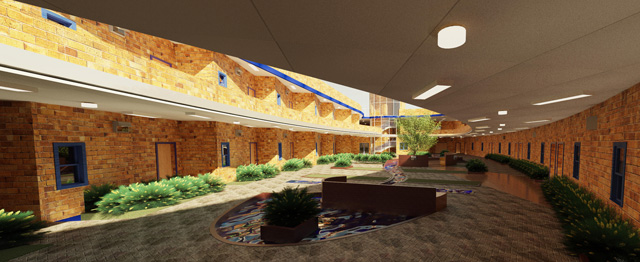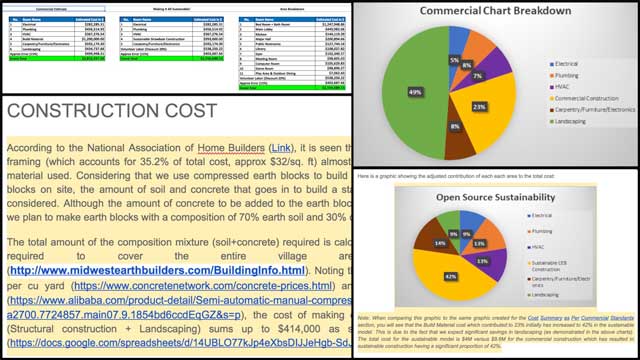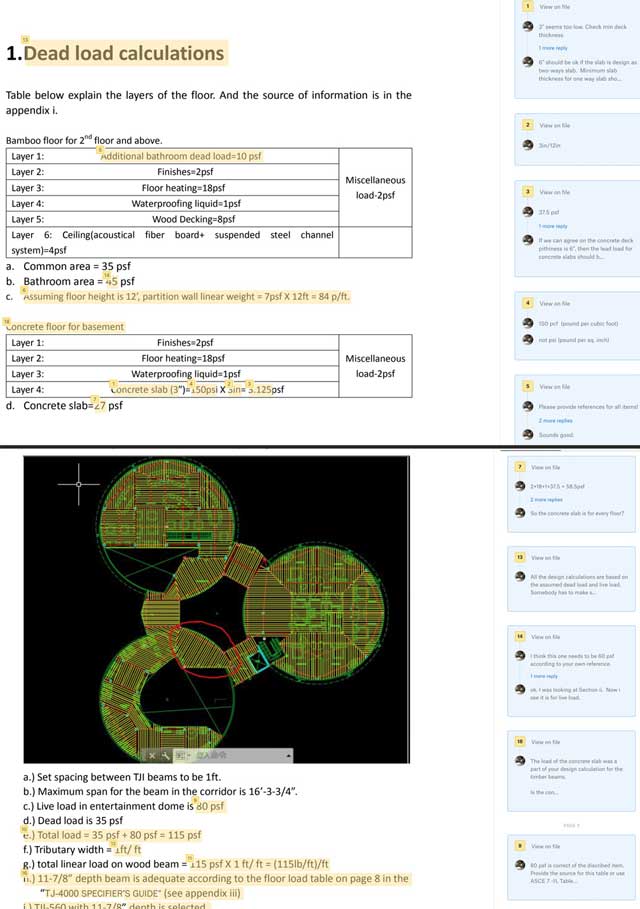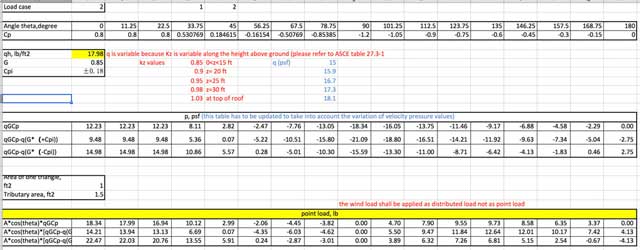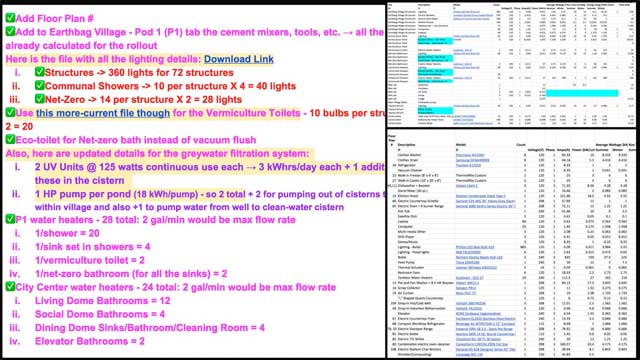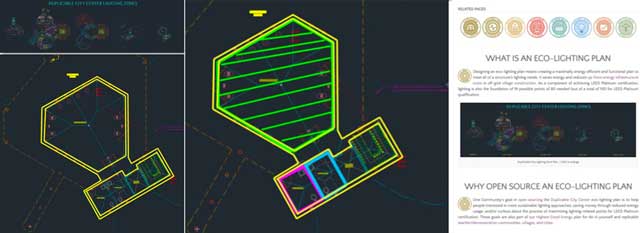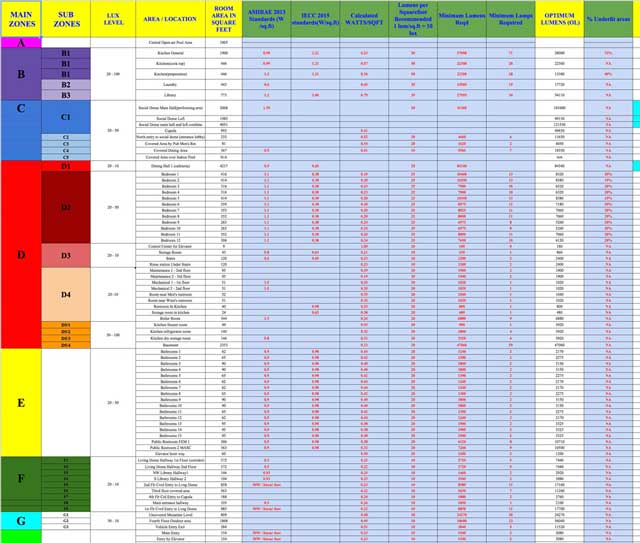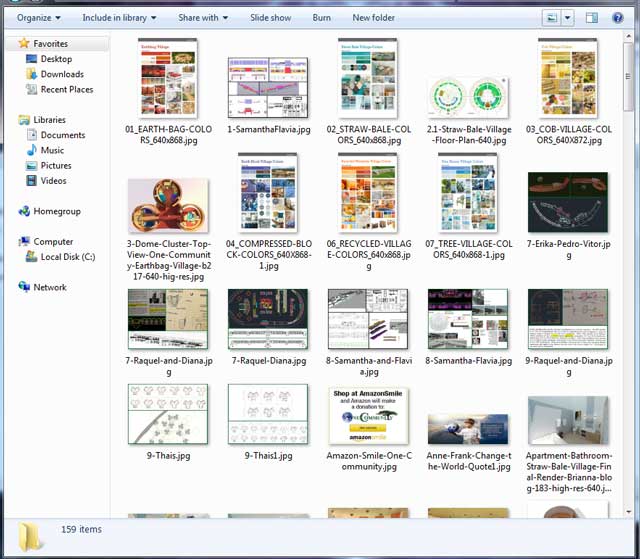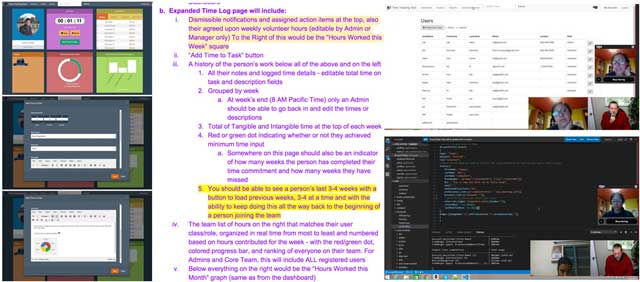Systems for Sustainable Community Creation – One Community Weekly Progress Update #246
Open source systems for sustainable community creation are one path to creating a sustainable world for everyone. One Community is creating these systems with that as our goal.
- Here’s our project overview
- Here’s our world-change methodology
- Here’s how this becomes self-replicating
- Here’s how we are open source and free-sharing all the do-it-yourself designs
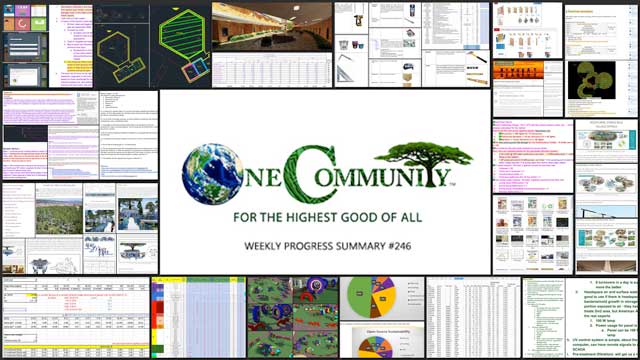
OUR MAIN OPEN SOURCE HUBS
Click on each icon to be taken to the corresponding Highest Good hub page.
One Community’s physical location will forward this movement as the first of many self-replicating teacher/demonstration communities, villages, and cities to be built around the world. This is the December 10th, 2017 edition (#246) of our weekly progress update detailing our team’s development and accomplishments:
Systems for Sustainable Community Creation
One Community Progress Update #246
Here is the bullet-point list of this last week’s design and progress discussed in detail in the video above:
SYSTEMS FOR SUSTAINABLE COMMUNITY CREATION INTRO: @0:34
SYSTEMS FOR SUSTAINABLE COMMUNITY CREATION HIGHEST GOOD HOUSING: @6:35
- Continued Sketchup design for the open source outdoor areas of the Recycled Materials Village (see below)
- Finished revisions to the Straw Bale Village pages of the online book we are creating (see below)
- Continued working on the Murphy bed instructions (see below)
Finished the first half of updating the complete Tree House Village open source hub (see below) - Sangam Stanczak continued researching and contacting companies for the hardware we’ll be using to sterilize the greywater from the Communal Eco-showers (see below)
- Hemanth Kotaru completed his 13th week with us doing research and running calculations for the Earthbag Village (see below)
- Ashwini Ramesh helped write additional descriptions and update the cost analysis spreadsheets for the Earthbag Village equipment and materials (see below)
- Hamilton Mateca finished his 65th week helping with the Compressed Earth Block Village design and render details (see below)
- Jagannathan Shankar Mahadevan continued work on the Compressed Earth Block Village Materials Cost Analysis (see below)
SYSTEMS FOR SUSTAINABLE COMMUNITY CREATION DUPLICABLE CITY CENTER: @9:10
- Haoxuan “Hayes” Lei continued work on the City Center structural engineering (see below)
- David Olivero continued helping with the HVAC Designs for the Duplicable City Center (see below)
- Oruba Rabie continued working on the City Center structural engineering (see below)
- Falgun Patel continued the analysis process for updating the Highest Good energy page with more additions to the City Center Kitchen equipment list and version 2.0 of the complete details for the Earthbag Village (see below)
- Dipti Dhondarkar continued with her 60th week of work on the lighting specifics for the City Center (see below)
- Satish Ravindran completed his 3rd week helping with the LEED lighting specifics for the City Center (see below)
SYSTEMS FOR SUSTAINABLE COMMUNITY CREATION HIGHEST GOOD FOOD: @11:15
- Continued work on the formulas and data for the food calculations on the Food Self-sufficiency Transition Plan pages (see below)
SYSTEMS FOR SUSTAINABLE COMMUNITY CREATION HIGHEST GOOD EDUCATION: @11:46
- Created the formatting and began entering the content for the Objective Data and Analysis page (see below)
SYSTEMS FOR SUSTAINABLE COMMUNITY CREATION HIGHEST GOOD SOCIETY: @12:19
- Began the process of officially launching One Community’s Instagram page (see below)
- Sowmya Manohar, Priti Kothari, Shubhra Mittal, and Priyanka Singh (members of the Highest Good Network software team) developed schema version 2.0, got Priyanka up to speed on the basics of the app, and updated aggregate queries in mongo.db to reflect changes in the model from timelog to timeentry (see below)
SYSTEMS FOR SUSTAINABLE COMMUNITY CREATION SYSTEMS FOR SUSTAINABLE COMMUNITY CREATION SUMMARY: @13:17
- How you can most help us right now and how anyone can help
CLICK HERE IF YOU’D LIKE TO RECEIVE AN EMAIL EACH WEEK WHEN WE RELEASE A NEW UPDATE
YOU CAN ALSO JOIN US THROUGH SOCIAL MEDIA
ONE COMMUNITY WEEKLY UPDATE DETAILS
SYSTEMS FOR SUSTAINABLE COMMUNITY CREATION: HIGHEST GOOD HOUSING PROGRESS
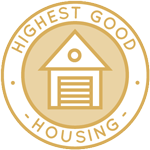 One Community is implementing systems for sustainable community creation through Highest Good housing that is artistic and beautiful, more affordable, more space efficient, lasts longer, DIY buildable, and constructed with healthy and sustainable materials:
One Community is implementing systems for sustainable community creation through Highest Good housing that is artistic and beautiful, more affordable, more space efficient, lasts longer, DIY buildable, and constructed with healthy and sustainable materials:
- Learn about: Our Upcoming Crowdfunding Campaign
- Learn about open source systems for sustainable community creation with different village models: 7 Sustainable Village Models
- Visit the open source portals for the first two: Earthbag Village OS Hub | Straw Bale Village OS Hub
The core team continued Sketchup design for the open source outdoor areas of the Recycled Materials Village (Pod 6). This week we designed all the equipment for the kids’ playground for open source systems for sustainable community creation, as shown here.
Additionally, the core team finished revisions to the Straw Bale Village pages of the online book we are creating and added the finished pages to the website as clic-to-enlarge images contributing to open source systems for sustainable community creation. You can see these new additions here.
And the core team continued working on the Murphy bed instructions, working on page 6.3.2 (wall frame panels) assembly page to match the other pages, as shown here.
The core team also finished the first half of updating the complete Tree House Village (Pod 7) open source hub. This included all new menus, formatting, and updated content covering the What, Why, and description sections for every structure within this village for open source systems for sustainable community creation, as shown here.
Sangam Stanczak (Ph.D. and P.E.) continued researching and contacting companies for the hardware we’ll be using to sterilize the greywater from the Communal Eco-showers. You can see some of the newest related notes and details here.
Hemanth Kotaru (Structural Engineering Masters Student) completed his 13th week with us doing research and running calculations for the Earthbag Village. This week’s focus was flooring construction details and beginning the research needed for structural engineering analysis of the domes themselves.
Ashwini Ramesh (Civil Engineer and Project Manager) helped write additional descriptions and updated the cost analysis spreadsheets for the Earthbag Village equipment and materials.
Hamilton Mateca (AutoCAD and Revit Drafter and Designer) also finished his 65th week helping with the Compressed Earth Block Village design and render details. This week’s focus was the work leading to this final render of the Zone 17 Central Play and Recreation Area, which can also now be viewed on the website.
Jagannathan Shankar Mahadevan (Mechanical Engineer) completed his 11th week volunteering. This week’s focus was continuing work on the Compressed Earth Block Village Materials Cost Analysis by completing version 1.0 of the cost analysis and the associated narrative and pie charts shown here.
SYSTEMS FOR SUSTAINABLE COMMUNITY CREATION: DUPLICABLE CITY CENTER PROGRESS
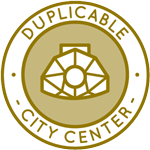 One Community is implementing systems for sustainable community creation through a Duplicable and Sustainable City Center that is LEED Platinum certified/Sustainable, can feed 200 people at a time, provide laundry for over 300 people, is beautiful, spacious, and saves resources, money, and space:
One Community is implementing systems for sustainable community creation through a Duplicable and Sustainable City Center that is LEED Platinum certified/Sustainable, can feed 200 people at a time, provide laundry for over 300 people, is beautiful, spacious, and saves resources, money, and space:
- Learn about this building and it’s function as a part of open source systems for sustainable community creation: Duplicable City Center Open Source Hub
Haoxuan “Hayes” Lei (Structural Engineer) continued work on the City Center structural engineering. What you see here are his edits and updates to his live and dead load tutorial as it’s being reviewed with another engineer.
David Olivero (Mechanical Engineer & Data Scientist) completed his 4th week helping with the HVAC Designs for the Duplicable City Center. This week’s focus was examining the cooling tonnage per sq ft from previous analysis, reviewing the cooling load calculation procedure, and researching and choosing coolcalc.com as our online heat load calculator for open source systems for sustainable community creation.
Oruba Rabie (Ph.D, PE, and Civil Engineer) also continued working on the City Center structural engineering. This week’s focus was finishing review of the wind and seismic load data, some of which you can see here.
Falgun Patel (Mechanical Engineer) completed his 14th week volunteering with the team. This week’s focus was continuing the analysis process for updating the Highest Good energy page with more additions to the City Center Kitchen equipment list and version 2.0 of the complete details for the Earthbag Village, both of which you can see here.
Dipti Dhondarkar, (Electrical Engineer) continued with her 60th week of work on the lighting specifics for the City Center. This week’s focus was finishing updates to the lighting zones in AutoCAD, which we now have added to the website.
Satish Ravindran (Senior Mechanical and Industrial Engineer) also completed his 3rd week helping with the LEED lighting specifics for the City Center. This week’s focus was double checking and updating the lighting zone details. The green columns in the image shown here are Satish’s new work and calculations.
SYSTEMS FOR SUSTAINABLE COMMUNITY CREATION: HIGHEST GOOD FOOD PROGRESS
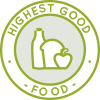 One Community is implementing systems for sustainable community creation through Highest Good food that is more diverse, more nutritious, locally grown and sustainable, and part of our open source botanical garden model to support and share bio-diversity:
One Community is implementing systems for sustainable community creation through Highest Good food that is more diverse, more nutritious, locally grown and sustainable, and part of our open source botanical garden model to support and share bio-diversity:
- Learn about the structures for open source systems for sustainable community creation in food: Hoop House Hub | Aquapini & Walipini Open Source Hub
- See what we’ll be growing for open source systems for sustainable community creation in food: Gardens & Hoop Houses | Large-scale Structures | Food Forest | TA
This week, the core team continued work on the formulas and data for the food calculations on the Food Self-sufficiency Transition Plan pages, bringing it to approximately 75% completion, as you see here.
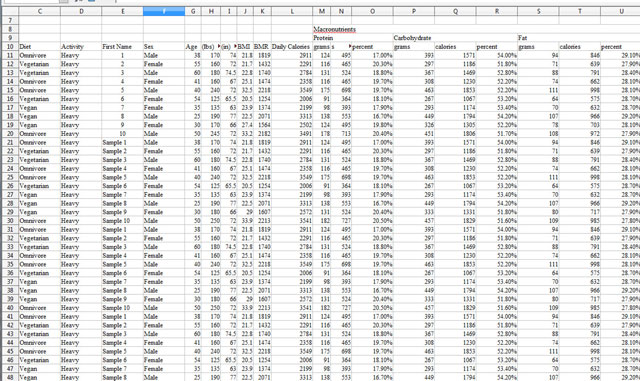
Formulas and Data for Food Calculations on the Food Self-Sufficiency Transition Plan – Click to Visit
SYSTEMS FOR SUSTAINABLE COMMUNITY CREATION: HIGHEST GOOD EDUCATION PROGRESS
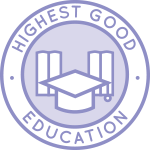 One Community is implementing systems for sustainable community creation through Highest Good education that is for all ages, applicable in any environment, adaptable to individual needs, far exceeds traditional education standards, and more fun for both the teachers and the students:
One Community is implementing systems for sustainable community creation through Highest Good education that is for all ages, applicable in any environment, adaptable to individual needs, far exceeds traditional education standards, and more fun for both the teachers and the students:
- Learn about the components for open source systems for sustainable community creation: Education open source hub
- Learn how the components work together for open source systems for sustainable community creation: How to use the Education for Life Program
This week, the core team continued adding to the education Evaluation and Evolution process open source pages and tutorials. This week we created the formatting and began entering the content for the Objective Data and Analysis page, as you can see here.
SYSTEMS FOR SUSTAINABLE COMMUNITY CREATION: HIGHEST GOOD SOCIETY PROGRESS
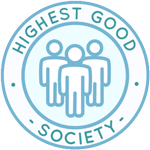 One Community is implementing systems for sustainable community creation through a Highest Good society approach to living that is founded on fulfilled living, the study of meeting human needs, Community, and making a difference in the world:
One Community is implementing systems for sustainable community creation through a Highest Good society approach to living that is founded on fulfilled living, the study of meeting human needs, Community, and making a difference in the world:
- Read the Highest Good society overview: Highest Good Society
- Learn about the model for fulfilled living and sharing: A Day in the Life
- Learn about the 4 economic models: RBE | For-profit | Non-profit | Entrepreneurship
- Learn about our open source community collaboration and management software: The Highest Good Network
This week, the core team began the process of officially launching One Community’s Instagram page. We downloaded all the best images from our website and created our initial strategy for uploading.
The Highest Good Network software team consists of Sowmya Manohar (Software Engineer, Web Developer & Net Application Developer), Priti Kothari (Information Technology Enthusiast), Shubhra Mittal (Software Delivery Manager), and Priyanka Singh (Software Developer). This week they developed schema version 2.0, got Priyanka up to speed on the basics of the app, and updated aggregate queries in mongo.db to reflect changes in the model from timelog to timeentry. The pictures shown here are from our weekly call discussing all this.
AND WE PRODUCED THIS WEEKLY UPDATES BLOG – CLICK HERE TO SUBSCRIBE
FOLLOW ONE COMMUNITY’S PROGRESS (click icons for our pages)
INVESTOR PAGES
GET INVOLVED
CONSULTANTS | WAYS ANYONE CAN HELP | MEMBERSHIP
CLICK HERE FOR ALL PAST UPDATES
WHAT ONE COMMUNITY IS CREATING
One Community is creating a place to grow together and change the world together, contributing for open source systems for sustainable community creation. We are creating a space that helps each other live in integrity with each other and the planet as we strive to be the greatest versions of ourselves. We do this by harmoniously respecting each other, nature, and the rest of our one shared planet.
Our goal is to demonstrate what we feel is the most sustainable, healthy, and fun environment we can create, fostering open source systems for sustainable community creation. A place based on compassion, kindness, and collaboration. This replicable community will serve as an example for what is possible.
Throughout our design process we are open sourcing and free-sharing everything needed for construction and replication, contributing to the science of sustainable ecology. This includes what we call “Highest Good” approaches to food, energy, housing, education, for-profit and non-profit economics design, social architecture, fulfilled living, stewardship practices and more. We are creating these resources for implementation as individual components or complete developments called teacher/demonstration hubs. These hubs will help launch additional hubs as awareness and knowledge grow.
BUILDING THE FIRST OF MANY
One Community will be the first teacher/demonstration hub, spearheading open source systems for sustainable community creation. It will function as an experiential-learning model that facilitates mass participation to address humanity’s most pressing challenges through: A replicable model for expansion, building seven self-sufficient village/city prototypes, becoming the world leader in open-source sustainability solutions, and evolving and expanding ALL aspects of sustainable living.
WHY ONE COMMUNITY IS CREATING THIS
The One Community self-replicating model is capable of creating a sustainable planet within 30 years with the help of open source systems for sustainable community creation. We will achieve this by establishing successful teacher/demonstration hubs on every continent. Villages include designs appropriate for each of the five main types of climates. They also include options for even the most challenged economies. These hubs will collaborate with one another, share ideas, resources, and work together as a network to heal the planet. They will also transform the global lifestyle to a more enjoyable, fulfilling, healthy, and sustainable one.
The specifics of how One Community is accomplishing this can be found on the One Community Solution Model to Create Solution-creating Models Page. Research supporting and showing the benefits of a model like this can be found on our Research and Resources Articles Archive.
Even if we don’t achieve our ultimate goal of global transformation, a self-replicating teacher/demonstration model like this will take a relatively short period of time to positively affect millions while inspiring millions more, contributing to the science of sustainable ecology. For One Community residents (the Pioneer Team), the idea of creating and sharing the social and recreational experience with visitors is also fun, exciting, fulfilling, and an additional reason why we are creating this.
SUMMARY
One Community sees the issues of the world as interdependent and interconnected. To address them simultaneously, we are open-source blueprinting a more advanced standard of living by designing holistic, environmentally-regenerative, self-sustaining, adaptable solutions for all areas of sustainability. We will model these within a comprehensive “village/city” which will be built in the southwestern U.S. This teacher/demonstration hub will be a place people can experience a new way of living and then replicate it with our open source blueprints: creating a model solution that creates additional solution-creating models.
 One Community
One Community